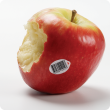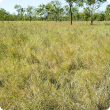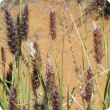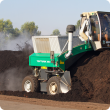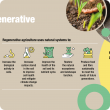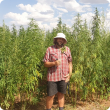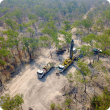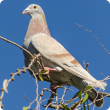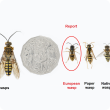Filter by regions:
- (-) Remove Kimberley filter Kimberley
- Gascoyne (555) Apply Gascoyne filter
- Pilbara (550) Apply Pilbara filter
- Goldfields-Esperance (491) Apply Goldfields-Esperance filter
- South West (479) Apply South West filter
- Great Southern (473) Apply Great Southern filter
- Mid West (473) Apply Mid West filter
- Peel (458) Apply Peel filter
- Wheatbelt (455) Apply Wheatbelt filter
- Perth regions (369) Apply Perth regions filter

